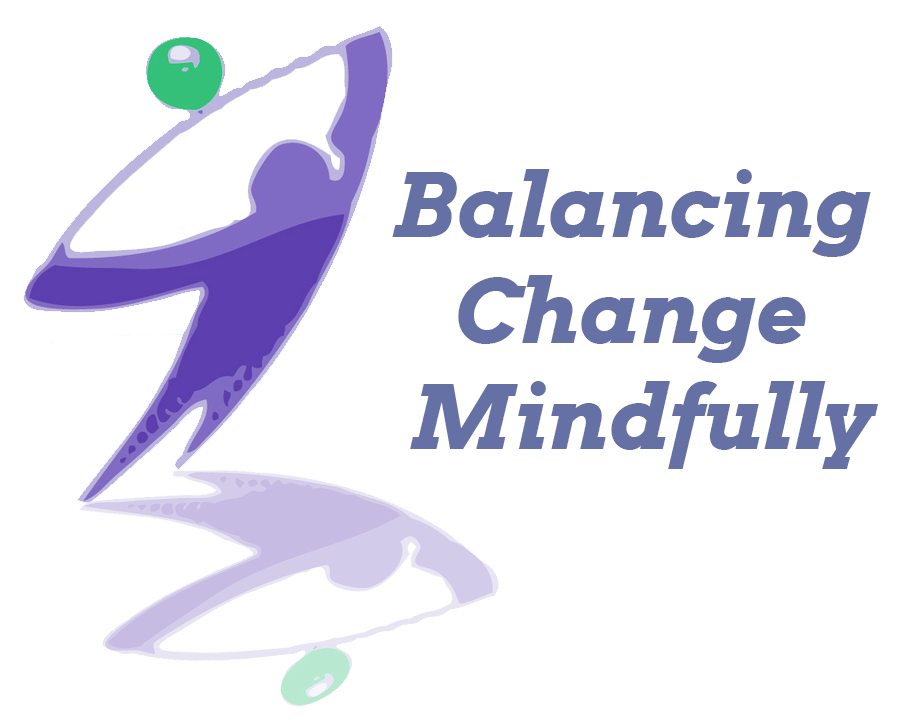
We should always attempt to make ethical decisions. It is possible, however, for two ethical people to make different decisions in a situation. In business, it is important that people understand ethical dilemmas and the ethical decision-making process.
The Basics
People typically use five different ethical standards to interpret the world around them. For the best results, put the different approaches together and choose the answers that best fit.
Ethical Standards
- Utilitarian approach: This approach focuses on the consequences of actions. The goal is to do more good than harm in a situation.
- Rights approach: Focusing on the rights of all involved defines this approach. It makes respecting the rights of others a moral obligation.
- Fairness approach: Fairness expects people to be treated equally. A fairly based standard is used to determine actions that are unequal such as pay rate.
- Common Good approach: The conditions that affect all people are considered in the common good approach. Systems and laws are created to ensure the welfare of everyone.
- Virtue approach: This approach uses virtues such as honesty, compassion, love, patience, and courage to guide behavior.
Balancing Personal and Organizational Ethics
It is important to be ethical on a personal and organizational level. Personal ethics influence decision both inside and outside of work. These are based on personal beliefs and values. Organizational ethics determine workplace decisions. Managers and employees both face organizational ethics, and the company should have ethical standards in place.
Organizational ethics flow from the top down. Those in leadership need to promote ethical decisions by their example. Occasionally, personal and professional ethics will collide. In the event of an ethical dilemma, it is important to choose based on what is most important and what will do the most good for the parties involved.
Common Dilemmas
There are many different ethical dilemmas in business that are specific to industries. There are, however, common dilemmas that every organization will face.
- Honest accounting practices
- Responsibility for mistakes such as accidents, spills, and faulty product
- Advertising that is honest and not misleading
- Collusion with competitors
- Labor issues
- Bribes and corporate espionage
Law governs many of these dilemmas, but an ethical organization will make the right decision regardless of legal issues. Because these issues are so common, it is important to create ethical standards and train employees to behave accordingly.
Making Ethical Decisions
Before making any final decisions, use the following steps to make sure that you are making ethical decisions.
- Determine the ethics of a situation: Does the decision affect a group or have legal ramifications?
- Gather Information: Learn as much as possible about the situation, and get the point of view from all parties involved.
- Evaluate Actions: Make different decisions based on the different ethical standards.
- Test Decisions: Would you be proud of this decision if it were advertised?
- Implement: Implement the decision, and evaluate the results.
Overcoming Obstacles
There will always be temptation to act unethically. These obstacles are particularly difficult to overcome when other people are encouraging you to behave unethically. They may be in positions of authority or simply intimidating, but you do not have to give into them.
Overcome Obstacles:
- Sympathize: Do not attack unethical people. Sympathize with their situation, but refuse to compromise your standards.
- Make them responsible: Do not quibble. Directly ask people if they want you to do something illegal or unethical. This removes their plausible deniability.
- Reason: Provide them with logical reasons for your refusal to compromise your integrity.
- Stay firm: Make a decision and stick to it. Do not let people wear you down.
- Take precautions: Keep a paper trail of your encounters, and be prepared to defend yourself.
If you are interested in receiving one-on-one or group coaching to work with a professional on personal development then sign up for Balancing Change Mindfully for free today!
Sign Up for Free Today!